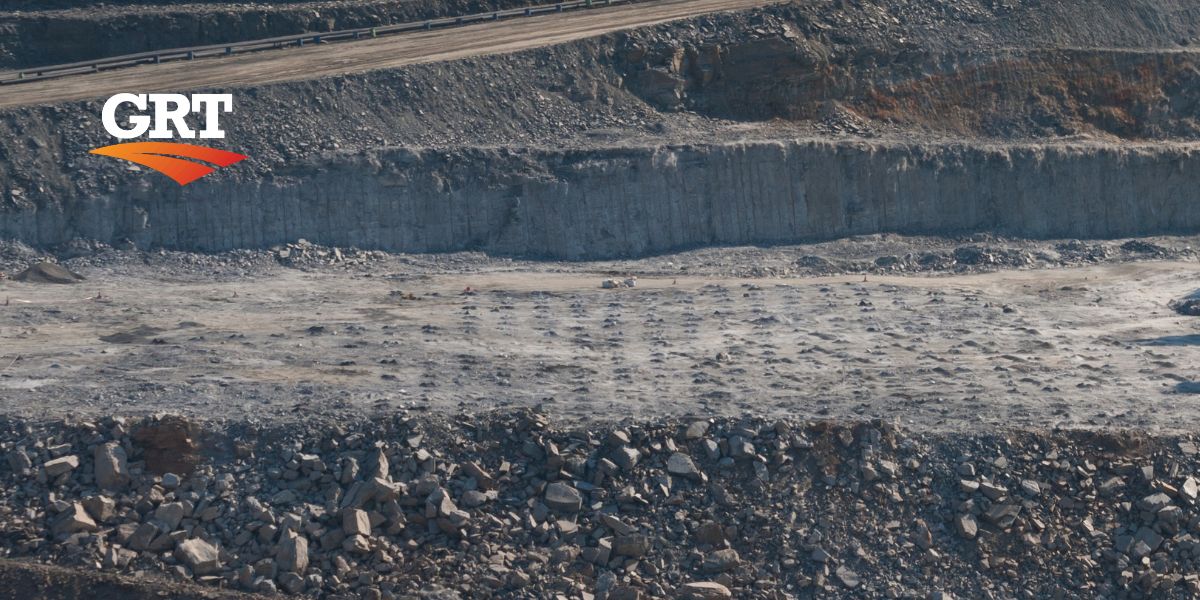Australia’s Mining Industry and China’s impact. As an island nation with a relatively small population, Australia’s mining industry relies heavily on its ability to export commodities to other countries. But there is one relationship that far outshines all the others. Australia’s trade relationship with China is massive; as our largest and most lucrative export partner, total two-way trade was worth about $250bn at last count. Mining and energy commodities, including iron ore, coal and a vast array of minerals, metals and energy, drive the lion’s share of this value. (Japan is next with a meagre $88bn.) Australia’s mining industry is well-supported by Chinese demand, and any fluctuations in the Chinese economy can have a quick and significant effect on the local players. While China has experienced record fiscal growth recently, the COVID pandemic and a real estate crash have sent shudders through its economy, with the ripples heading Australia’s way. The real estate crunch is an interesting case study, as construction and buildings require s3teel, much of which begins life as Australian Iron ore. Less building in China leads directly to less demand for iron ore exports Down Under. And with Fe responsible for about 77% of our total exports to China, it’s a big deal for Australia’s mining industry and just about everyone else.
Entering the Dragon’s Den
As a communist country with a dominant central government, much of what happens inside China is controlled by the powers that be. Recently, there’s been a spate of arrests (and worse) among the Chinese rich list, many of whom had made their fortunes in resources and commodities, including copper and manganese mining. The purge has highlighted the extent to which the Communist Party is involved throughout all levels of industry and business. As you can imagine, this has flow-on effects on countries like Australia, which are large trade partners. And If the politics of the day goes sour, China has been quick to ban some Australian exports or raise taxes to make them unviable in the local market.
This double-edged sword of incredible demand, tempered by hot emotions, can significantly impact Australia’s mining industry, which relies heavily on Chinese growth and its need for raw materials. But with challenge comes opportunity, and as the Chinese mining elite falls from favour with the central government, Australia’s miners are poised to capitalise. Experts have likened the recent fall of Manganese magnate Jia Tianjiang to the equivalent of Rio Tinto suddenly falling over, with all the associated supply chain crunches sure to follow.
Are environmental regulations, health and safety concerns or potential profit loss a concern right now?
Predicting the Future of Trade Relations
Despite all the turmoil, China and Australia remain primarily dependent on each other and vested in maintaining healthy two-way trade. Politics (and politicians) will come and go, but commerce is a language that transcends the muck and one everyone can understand. With a clean energy future dawning and critical minerals at the heart of the energy transition, Australia’s mining industry and China’s manufacturing base are firing up. And one can’t exist without the other. As China’s traditional building and construction boom dies down, another quickly rises to take its place in the form of battery metals technology and the associated downstream processes.
Dust suppression is a critical issue in the world of mining and resources.
Learn more about GRT’s industry-leading and IoT-connected SMART Dosing Units, and discover how we’re driving better dust suppression solutions for all!
If you’d like to talk with an expert, simply contact us!
Your feedback is important to us.
If you enjoyed reading this Global Road Technology industry update and found it informative, please let us know by leaving a REVIEW.
References:
https://tradingeconomics.com/australia/exports/china
Troy Adams
Troy Adams is the Managing Director of Global Road Technology (GRT) Specialising in Engineered Solutions for Dust Suppression, Erosion Control, Soil Stabilisation and Water Management. A pioneering, socially conscious Australian entrepreneur, Troy Adams is passionate about health and safety and providing innovative solutions that are cost-effective to the mining industry, governments and infrastructure sectors. Troy is also a tech investor, director of companies like Crossware, Boost, Hakkasan, Novikov and more.

